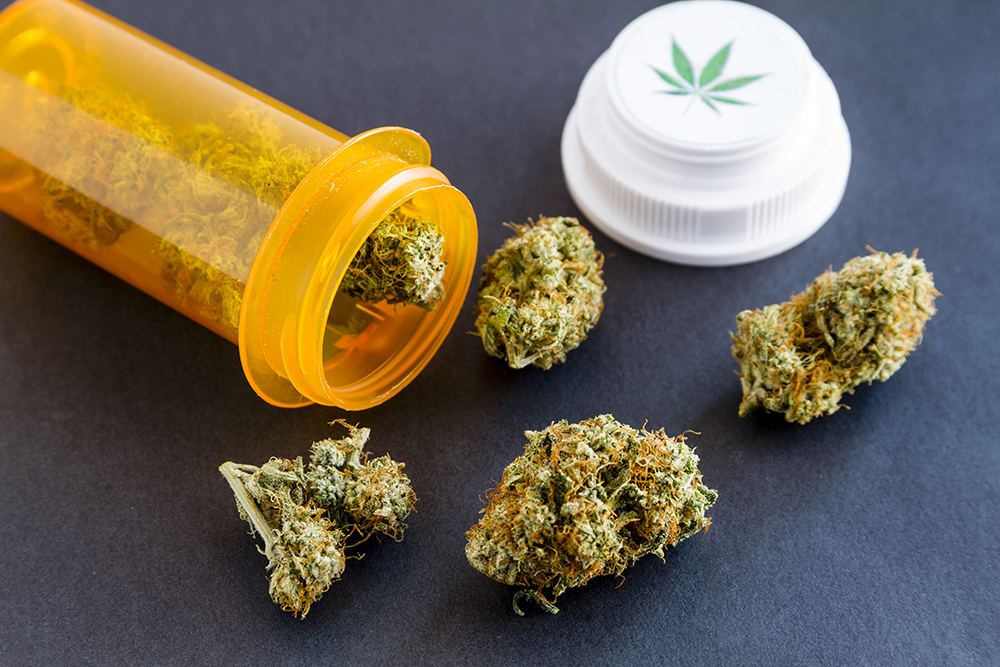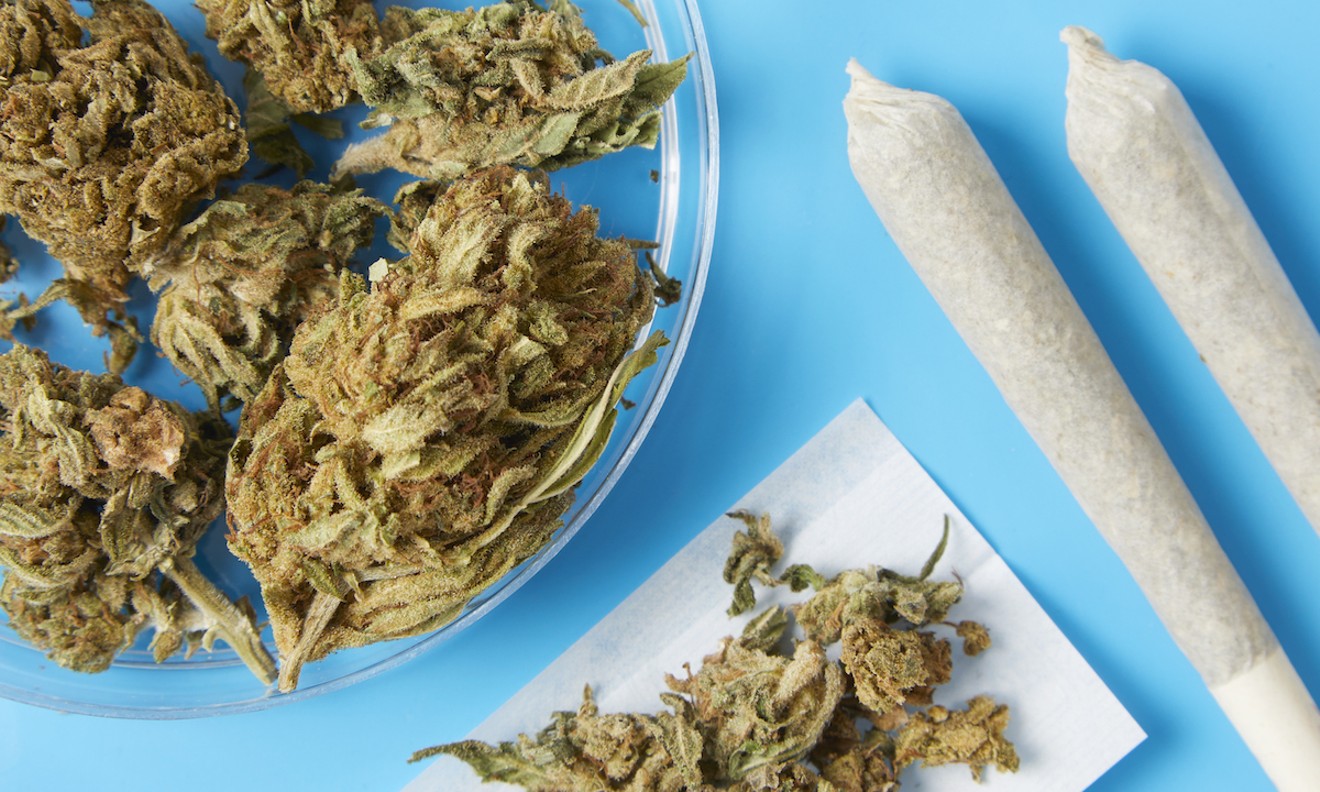Discover a Reliable Medical Marijuana Doctor Near Me for Personalized Treatment
Shedding Light on What Medical Marijuana Can Heal: a Comprehensive Evaluation of Its Therapeutic Features
In current years, there has actually been a growing rate of interest in the therapeutic possibility of clinical cannabis. While anecdotal proof abounds, a detailed examination of the scientific information concerning the effectiveness of medical cannabis in treating these conditions is warranted.
Persistent Pain Administration
Chronic discomfort administration remains a crucial element of clinical care, demanding an extensive approach for reliable therapy. Over the last few years, medical marijuana has become a potential therapeutic option for people experiencing chronic pain conditions. The endocannabinoid system, which plays an essential duty in discomfort inflection, has actually been targeted by cannabis-based therapies to boost and alleviate signs and symptoms lifestyle for patients.

In addition, clinical cannabis uses a promising option for individuals that experience excruciating adverse effects from conventional pain medications. Its capability to attend to discomfort through a various system makes it a valuable enhancement to the collection of treatments available for chronic discomfort monitoring.
Epilepsy Therapy Possible
Medical cannabis has actually revealed promising possibility in the treatment of epilepsy, providing a novel healing approach for taking care of seizures in clients. Epilepsy is a neurological problem identified by recurrent seizures, affecting individuals of all ages. Conventional therapies for epilepsy include antiepileptic medicines, yet these medications might not work for all people and can have considerable adverse effects.
Research on using clinical cannabis for epilepsy has actually disclosed motivating outcomes. Cannabidiol (CBD), a non-psychoactive compound discovered in marijuana, has actually been particularly highlighted for its anticonvulsant homes. Researches have actually revealed that CBD can reduce the frequency and seriousness of seizures in patients with treatment-resistant kinds of epilepsy, such as Dravet disorder and Lennox-Gastaut syndrome.
Furthermore, the FDA has actually approved a CBD-based medicine, Epidiolex, for the therapy of seizures related to these serious types of epilepsy. This milestone emphasizes the expanding recognition of medical marijuana as a beneficial healing alternative for handling epilepsy and provides hope for patients who have not reacted well to standard therapies.
Queasiness Relief Perks
The reduction of nausea through making use of marijuana has actually been increasingly identified for its healing benefits in numerous medical problems. Nausea and throwing up are usual signs and symptoms experienced by patients undertaking chemotherapy, those with gastrointestinal disorders, and individuals with persistent discomfort problems. Medical marijuana, with its energetic substances such as THC and CBD, has shown promise in offering alleviation from queasiness.

Additionally, clinical cannabis offers a natural alternative for people who do not react well to standard anti-nausea medications or that experience severe negative effects from these medicines. People going through chemotherapy, specifically, have actually reported significant renovations in their high quality of life when utilizing marijuana to handle nausea or vomiting. As research around remains to expand, medical cannabis is increasingly being considered as a useful option for queasiness relief in different medical settings.
Anxiousness Reduction Effects
Researches have demonstrated the capacity of cannabis in decreasing anxiousness signs and symptoms with its published here interaction with page the endocannabinoid system. The endocannabinoid system plays a vital duty in regulating feelings, consisting of anxiety, by maintaining homeostasis in the body. Cannabinoids in marijuana, such as THC and CBD, communicate with the endocannabinoid receptors in the mind, especially the CB1 and CB2 receptors, to regulate anxiety-related responses.

Individuals with conditions like generalised anxiety disorder (GAD), social stress and anxiety condition, and post-traumatic stress problem (PTSD) might profit from the anxiolytic residential or commercial properties of cannabis (Medical Marijuana Doctor Clinton MS). Nevertheless, additional research study is needed to establish ideal dosages, shipment approaches, and long-lasting effects on stress and anxiety monitoring.
Possible for Swelling Control
With its known anti-inflammatory residential or commercial properties, marijuana has actually revealed assurance in potentially controlling swelling within the body. Inflammation is the body's all-natural response to injury or infection, but when it becomes chronic, it can add to various illness such as arthritis, inflammatory digestive tract disease, and also cardiovascular disease. Research recommends that the cannabinoids found in marijuana, such as THC and CBD, can help lower and manage the immune action inflammation.
Studies have shown that marijuana can interact with the endocannabinoid system, which plays a critical role in controling swelling. By targeting the cannabinoid receptors, cannabis substances can regulate the immune reaction, bring about a decrease in inflammation degrees. This makes cannabis a potential candidate for taking care of inflammatory conditions where traditional therapies have failed.
Moreover, cannabis-derived products like CBD oil have have a peek here actually gained popularity for their anti-inflammatory properties, with many individuals using them as an all-natural remedy for conditions related to swelling. While even more study is needed to totally comprehend the mechanisms behind cannabis's anti-inflammatory results, present searchings for show promising results for the prospective use of clinical marijuana in managing inflammation.
Final Thought
Finally, clinical cannabis has actually revealed promising therapeutic buildings in taking care of chronic discomfort, treating epilepsy, relieving nausea, lowering anxiousness, and managing swelling. Its prospective advantages in numerous clinical conditions highlight the value of additional research study and exploration into its medicinal usage. The evidence recommends that clinical cannabis can be a valuable choice treatment choice for patients looking for remedy for a series of signs and conditions.
In recent years, medical marijuana has arised as a prospective therapeutic choice for people suffering from chronic pain conditions.Clinical cannabis has revealed encouraging capacity in the therapy of epilepsy, offering a novel healing technique for taking care of seizures in clients. As study in this area proceeds to grow, clinical marijuana is progressively being taken into consideration as a useful choice for queasiness alleviation in different medical setups.
In final thought, medical marijuana has actually shown promising restorative properties in handling persistent discomfort, treating epilepsy, easing queasiness, decreasing anxiousness, and controlling swelling. The proof suggests that medical marijuana can be an important option treatment option for patients seeking alleviation from a variety of signs and conditions.